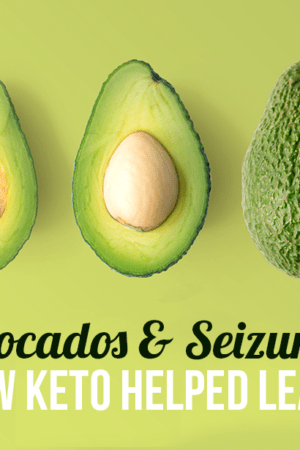A 2018 poll of 2,000 retail dietitians found the keto diet to be the third most popular this year, just behind clean eating and plant-based diets. The popularity of the ketogenic diet is matched only by its controversy. On one side are the pro-low-carb dieters with a developing body of research demonstrating the wide-ranging benefits it can have beyond simple weight loss, including disease prevention. On the other is a crowd of skeptics, symbolized by US News and World Report? The media company criticized the difficulty of the keto diet, as well as its nutritional completeness, saying, “Any diet that recommends snacking on bacon can’t be taken seriously as a health-promoting way to eat.”1
Popularity with Dietitians
Fortunately, potential dieters have a variety of experts and detailed evaluations to turn to in determining whether keto is well-suited to them. Indeed, keto seems to incorporate many of the most popular “superfoods,” such as avocados, nuts, and high-fat Greek yogurts, and as such intuitively suits many people’s transition away from sugar and processed foods.2
What, then, are the people at US News and World Report missing, as opposed to the retail and registered dietitians whose jobs it is to prescribe and sell people the best diets? Insofar as the difficulty of the keto diet informed this ranking, few who advocate the keto diet would deny its rigorousness.
Keto’s Revolutionary Approach to Diet
The dieticians ranking keto among the top diets of the year do the same kind of work, and this is the difference in the significance of their rankings versus those of US News and World Report. In exactly the same way that your body and brain need time to adjust to the keto diet, the opponents of keto who scoff at snacking on bacon are working with decades of nutritional common sense and guidelines (much of which was heavily influenced by the interventions and “studies” done by the sugar industry) that advocate a high-carb, low-fat diet. The unique controversy surrounding keto, and the reason for harsh reactions like these, stems from this revolutionary take on diet, one that completely upends conventional wisdom. While anyone interested in the keto diet should do some research for themselves to see if it’s right for them, it’s nonetheless important to consider reports like these in the right context.
NUTRITIONAL DISCLAIMER
The content on this website should not be taken as medical advice and you should ALWAYS consult with your doctor before starting any diet or exercise program. We provide nutritional data for our recipes as a courtesy to our readers. We use Total Keto Diet app software to calculate the nutrition and we remove fiber and sugar alcohols, like erythritol, from the total carbohydrate count to get to the net carb count, as they do not affect your blood glucose levels. You should independently calculate nutritional information on your own and not rely on our data. The website or content herein is not intended to cure, prevent, diagnose or treat any disease. This website shall not be liable for adverse reactions or any other outcome resulting from the use of recipes or recommendations on the Website or actions you take as a result. Any action you take is strictly at your own risk.
- For Keto, the Everyday Research Says it All - March 6, 2019
- Huge Harvard Study Backs Up the Wide-Ranging Benefits of a Low-Carb Diet - February 25, 2019
- Experts Convene for Keto Conference - July 30, 2018




